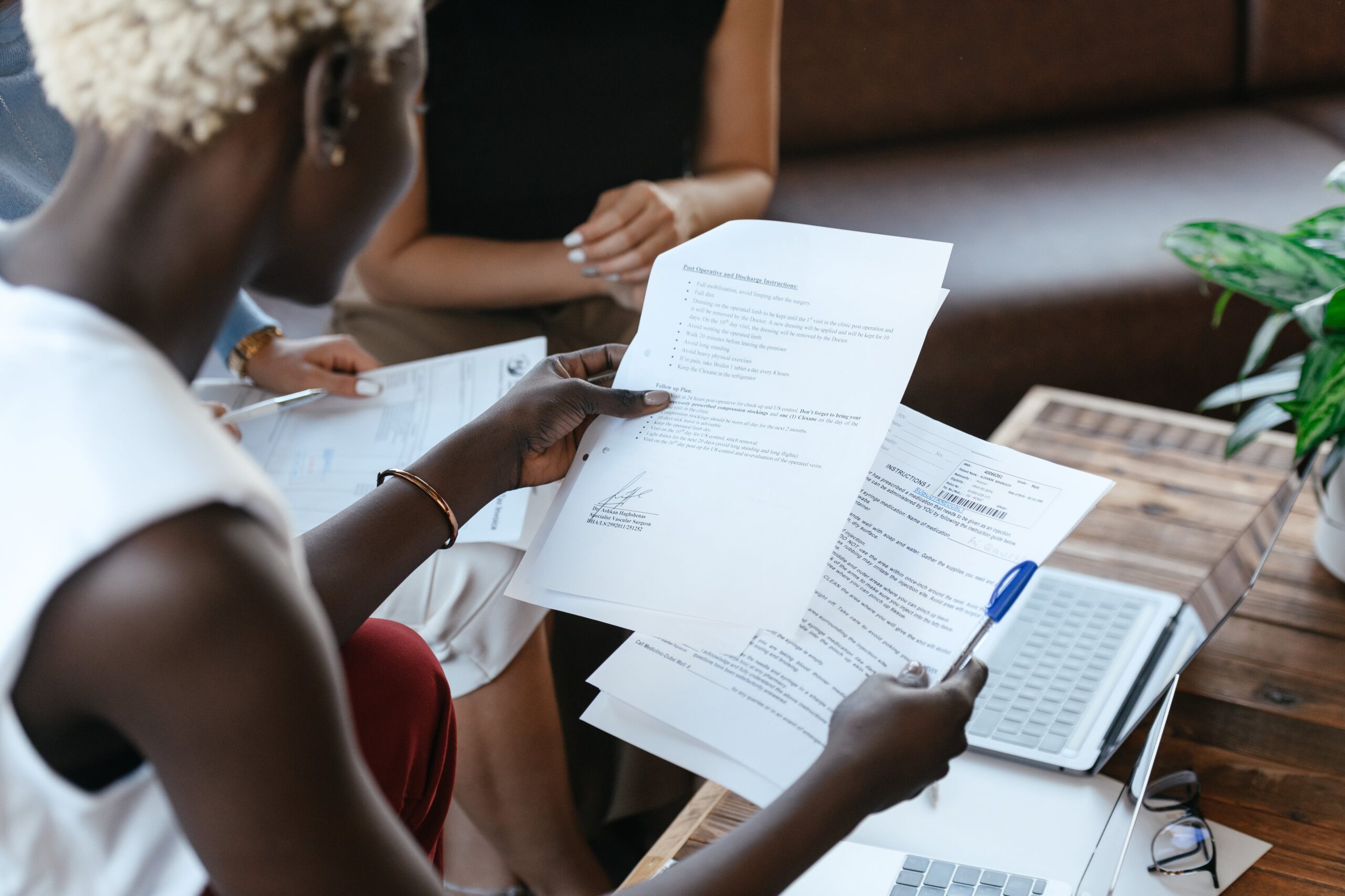Comparative Negligence: How Your Actions Affect Your Legal Rights in a Slip and Fall Case

In the realm of personal injury law, slip and fall cases are quite common. They often revolve around the concept of negligence, where one party’s failure to exercise reasonable care results in another person’s injury. However, what happens when the injured party also bears some responsibility for the accident? This is where the principle of comparative negligence comes into play. In this blog post, we will delve into the intricacies of comparative negligence, exploring how your actions can significantly impact your legal rights in a slip and fall case.
Understanding Comparative Negligence:
Comparative negligence is a legal doctrine used in many jurisdictions to allocate responsibility for an accident between two or more parties involved. It seeks to determine the degree of fault each party holds and subsequently apportions damages accordingly. This doctrine recognizes that in many accidents, more than one party may contribute to the incident to varying degrees.
The Pure Comparative Negligence Rule:
In states that follow the pure comparative negligence rule, even if you, as the injured party, were partially responsible for the slip and fall accident, you can still recover damages. However, the amount you can recover will be reduced in proportion to your level of fault. For example, if you were found to be 20% responsible for the incident, you would only receive 80% of the total damages awarded.
The Modified Comparative Negligence Rule:
On the other hand, some states adhere to the modified comparative negligence rule. Under this rule, you can only recover damages if your degree of fault is less than or equal to a certain threshold, typically 50%. If your fault exceeds this threshold, you are barred from recovering any damages. If your fault is below the threshold, your damages will still be reduced based on your level of fault.
How Your Actions Matter:
In slip and fall cases, your actions leading up to and during the incident can have a significant impact on the outcome of your legal claim. Here are some factors to consider:
Duty of Care: Did you exercise reasonable care in navigating the premises? Were you aware of any hazards, and did you take steps to avoid them?
Notice: Were there any warning signs or notifications about the hazardous condition? Did you have prior knowledge of the hazard, and if so, did you act prudently to avoid it?
Documentation: Gathering evidence after the accident is crucial. Photographs of the scene, medical records, and witness statements can be valuable in establishing the circumstances of the slip and fall.
Legal Representation: Seeking legal counsel from an experienced personal injury attorney can help you navigate the complexities of comparative negligence and maximize your chances of a favorable outcome.
Comparative negligence is a crucial legal concept to understand if you’re involved in a slip and fall case. Your actions leading up to the incident and your degree of fault can significantly impact the outcome of your claim. Therefore, it’s essential to consult with a knowledgeable attorney who can guide you through the legal process, assess your situation, and advocate for your rights. By doing so, you can ensure that you receive fair compensation for your injuries, even when comparative negligence is a factor in your case.
